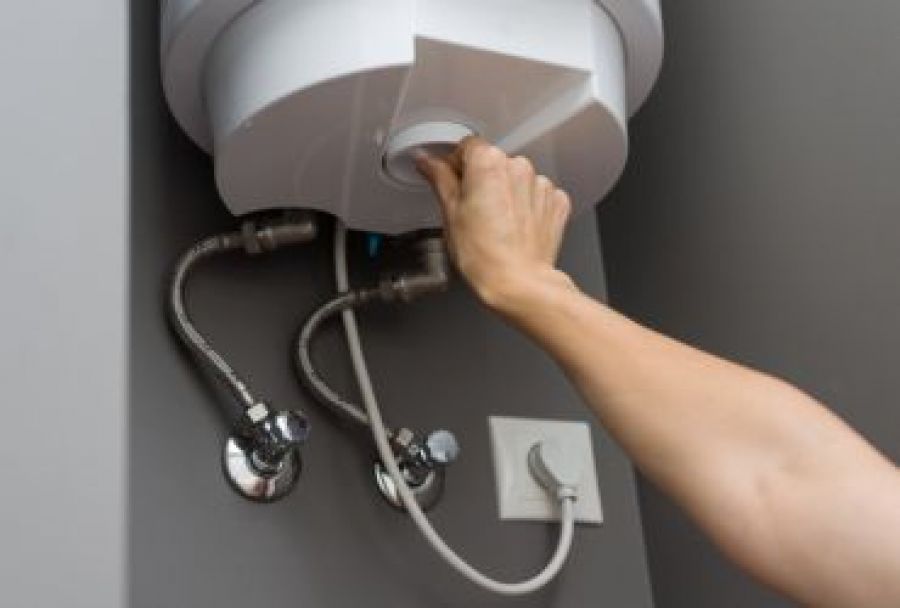Is Your Water Heater Safe?

Is Your Water Heater Safe?
You’re driving along in your car and a little light comes on. The car tells you it’s time to change its oil. What do you do? Most people will either take it to a mechanic to have their car serviced or have a spouse/family/friend do it for them. Your home is going to be the most important purchase you ever make in your life (short of buying a business or something major). What are you doing to maintain it and make sure it’s running the way it should?
Would you ignore the check engine light on your car dashboard? Probably not. The reason is because you don’t want to get stranded somewhere without transportation. However, what would you do if you got home and your water heater exploded? What would you do if you got home and your pipes burst and you faced water damage all over your home? What would you do if your septic tank backed up into your home?
Imagine that your water heater is like a giant teapot (because it basically is). How quickly the water heats up depends on 4 factors:
- The temperature of the water
- How much water you’re boiling
- How much heat you’re applying
- What type of heat you’re applying
These 4 little variables can affect how quickly you have hot water available to you. But these 4 little factors also affect the water heater, how it’s operating, and whether or not it’s safe.
Would you leave a boiling teapot on your stove and leave for the day?
Unfortunately, water heater explosions are a very real thing. There are a variety of reasons why this happens but can mostly be attributed to:
- Faulty installation
- Lack of maintenance
- Leaks and malfunctions
Just like how we talked about the calcification process and the need for water softeners last month, sediment can build up in your water tank. This creates a barrier between the water and the burner. In order to get the water to heat, the burner needs to run longer, which increases the heat inside the tank.
Electrical and gas malfunctions may also exist due to construction, normal wear and tear, and poor installation. As water touches components, if it’s worn out, it may cause electrical shorts. Gas leaks are also a major hazard because they are dangerous if inhaled. Carbon monoxide is not detectable; only natural gas (rotten egg smell). So that also causes an unknown threat.
Your water heater also has a pressure relief valve to help vent out extra pressure (like a teapot). If it’s leaky or if the pressure reaches an extreme level and the valve is faulty and doesn’t work, this could cause the tank to explode.
Now imagine that you are boiling water in a teapot on the stove and you drop it. Imagine how you’d react and how you could be injured. Now, imagine that it happens with your water heater and you have 40 gallons of scalding hot water exploding in every direction. Now, try to imagine the aftermath.
Your water heater should be inspected on an annual basis and flushed out. If for no other reason, for the safety of your family. You have a lot to lose. A simple phone call and FREE plumbing safety inspection (this is a $165 value that we’re giving away for August) can give you the peace of mind that you need.
Call us to come and do a FREE plumbing safety inspection and make recommendations on how to best maintain your home to keep your family safe.
Again, call us for your FREE plumbing safety inspection today!
PHX: 480-500-1960 or TUS: 520-333-2121
Very prompt & excellent service. Jason in sales was great to explain what could and couldn’t be done with our system. The installers – Marchos and Pedro were fantastic. They worked tirelessly in the 110 heat and replaced the whole system in one day. They were so respectful of us and our property. Did a great job of cleaning up before they left and even checked all the appliances to make sure everything was in order. These guys were an absolute pleasure to have around. THANKS!!
On standby waiting to help you with a FREE Quote right now!
Recent Posts
CATEGORIES





